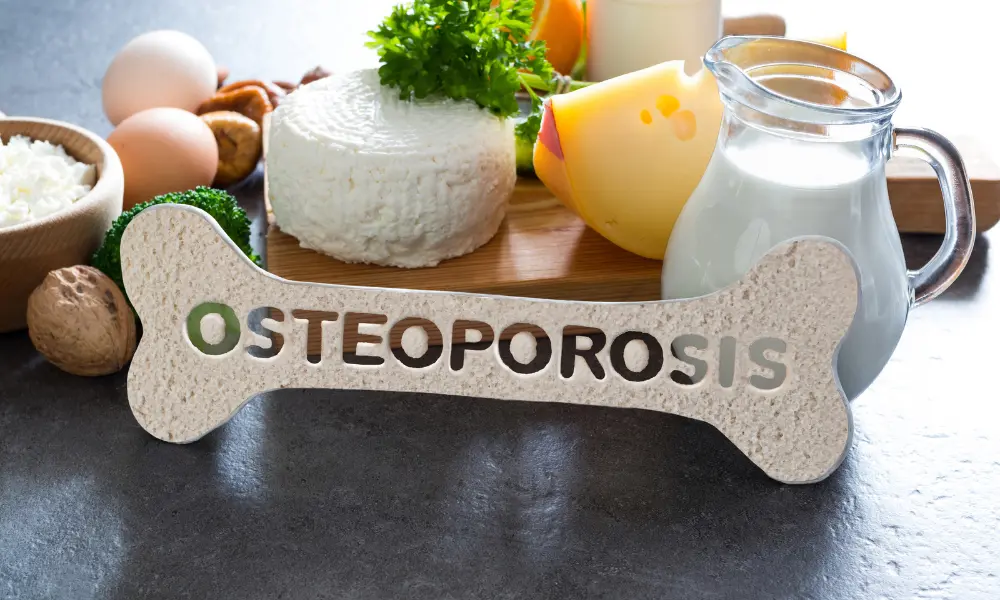Creating muscle strength is more than lifting weights; it also depends on a nutritionally well-balanced diet supplemented with all necessary nutrients to nourish muscles and aid their repair, growth, and recovery. Although protein happens to be the key macronutrient that aids muscle growth, other essential nutrients like healthy fats, complex carbohydrates, vitamins, and minerals are essential to increasing strength and endurance.
Our in-house expert, Dt. Aparna Pandey, MSC-Nutrition and Dietetics, shares a step-by-step guide to determining the optimum foods for building muscle strength.
1. Protein Foods: The Muscle Building Blocks
Protein plays a crucial role in repairing and building muscles. It supplies the essential amino acids necessary to reconstruct muscle fibers post-exercise. A diet containing high-quality protein sources guarantees constant muscle building and quick recovery.
Eggs: A full protein source that contains leucine, a fundamental amino acid responsible for inducing muscle protein synthesis.
Chicken Breast: Lean meat that is full of protein, vital for lean muscle mass.
Salmon: Rich in omega-3 fatty acids and proteins, salmon helps in combating inflammation and aids muscle recovery.
Greek Yogurt: Comprising whey and casein protein, it provides rapid and slow digestion benefits.
Cottage Cheese (Paneer): An excellent source of slow-digesting casein protein, which stops muscle breakdown.
Lentils and Chickpeas: Great plant protein sources with fiber and key minerals.
2. Healthy Fats: Aiding Hormonal Balance and Muscle Recovery
Fats are instrumental in hormone creation, especially testosterone, which enhances muscle growth. Fats also suppress inflammation and enhance overall recovery.
Avocados: Rich in monounsaturated fats and potassium, beneficial for muscle contraction.
Nuts and Seeds: Almonds, walnuts, flaxseeds, and chia seeds supply essential fatty acids and antioxidants.
Olive Oil: Reduces inflammation in muscles and enhances heart health.
3. Complex Carbohydrates: Strength and Endurance Fuel
Carbohydrates supply the energy needed for exercise and replenish muscle glycogen stores.
Quinoa: A complete protein and high-fiber grain that sustains energy levels.
Sweet Potatoes: Supply slow-release carbohydrates and vital vitamins.
Brown Rice: Excellent source of complex carbohydrates that supply long-term energy.
Oats: High in fiber, sustaining steady energy levels during exercise.
4. Micronutrient-Rich Foods: Supporting Muscle Function and Recovery
Vitamins and minerals are important for muscle contraction, decreasing muscle cramping, and recovery.
Leafy Greens (Spinach, Kale, Swiss Chard): Supply iron, magnesium, and calcium for muscle function.
Bananas: Full of potassium, which avoids muscle cramping.
Berries: Berries are full of antioxidants that aid in the recovery of muscles and minimize oxidative stress.
5. Hydration: The Key to Optimal Muscle Performance
Ideal hydration is important for sustaining muscle function and avoiding fatigue.
Water: Helps keep muscles hydrated and working well.
Coconut Water: Restores lost electrolytes following vigorous exercise.
Milk: Protein and electrolyte blend, aiding muscle recovery.
The Bottomline
Developing muscle strength involves the proper combination of workout and nourishment that may include quality protein, healthy fats, complex carbohydrates, and vitamins and minerals. Added to adequate hydration and strength training, a well-balanced diet facilitates maximum muscle growth, increases endurance, and improves overall fitness. Consistency is paramount—prioritizing whole, natural foods over processed foods will bring about the best outcomes. For customized diet plan – CLICK HERE.
FAQ on Building Muscle Strength
What makes the muscle grow faster?
A balanced diet, proper hydration, and appropriate workouts can help build muscle strength.
What are the nutritional requirements for muscle strength?
-
Protein Intake: Enough protein must be consumed to support muscle growth and repair.
-
Carbohydrates: Adequate carbohydrates can help store energy for workouts.
-
Healthy Fats: We must include healthy fats in our diet to support overall health and hormone production.
-
Hydration: Stay well-hydrated to support muscle function and recovery.
How do muscles grow scientifically?
Muscle can grow in three ways,
-
Generation of new syncytial fibres
-
Addition of nuclei from muscle stem cells to existing fibres
-
Increase in cytoplasmic volume/nucleus
This article is meant for informational purposes only and must not be considered a substitute for professional advice.





